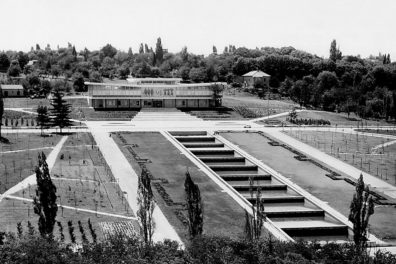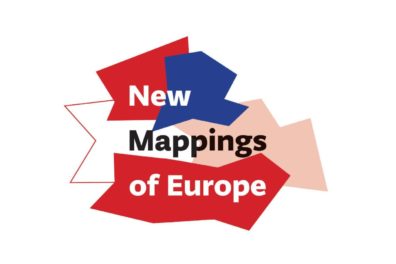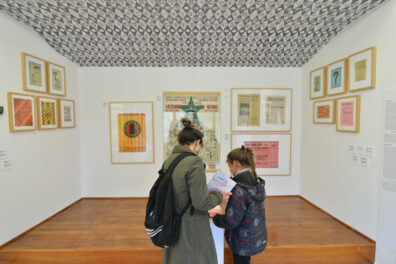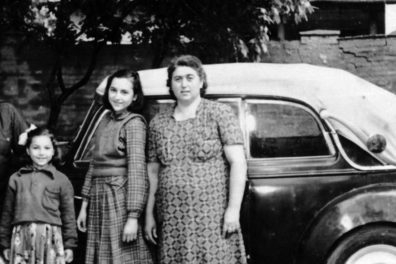
Mineral treasures of Yugoslavia: samples from the collection of gifts of Josip Broz Tito
Mining had a significant role in the development of socialist Yugoslavia. In the period after the Second World War, the state insisted on the development of heavy industry, which meant investments in new mining basins and mining mechanization. The Law on the Five-Year Plan was passed to rebuild the war-torn country. The main role in its implementation was played by the workers, especially the most productive ones – udarniks. They used to be rewarded and were role models for others in building the state. That is why the collection of minerals is a material testimony of the status of workers, especially miners, in socialist Yugoslavia.
In addition, if these objects are viewed through the lens of a geologist or a curator of mineralo- gy, the collection of Josip Broz Tito’s gifts also stands out as a collection of rare, interesting and valuable examples of the mineral wealth of Yugoslav and world heritage.

Yugoslav miners were frequent guests at receptions during the May 25 celebrations. On this occasion, in 1950, the collective of the ʺNeresnicaʺ mining basin presented a collection of gold ores. On May 25, 1968, the workers of the Bor mining and smelting basin presented Tito with samples of ores and final products. In the box in which the samples were placed, there was a metal plaque with a dedication and a copper plaque with a model of Bor with miners.

The Communist Party of Yugoslavia changed the name to the League of Communists of Yugoslavia at the Sixth Congress in 1952.
On that occasion, the miners of “Suplja Stijena” presented Tito with a display case with samples of lead ore. In the upper part of the display case, there was a donors’ dedica- tion note “MINERS OF ŠUPLJA STIJENA TO COMMRADE TITO / LONG LIVE THE VI CON- GRESS OF THE CP OF YUGOSLAVIA / 1952”, and inside it, on one of the plinths with ore samples, the text read “MINING IS A PILLAR OF THE INDUSTRY”, which is a clear message about the place that mining and miners had in Yugoslavia.

Jovanka Broz and Tito received a collection of ores as a gift from the “Zletovo” mine collective. This is the only item in the collection of minerals dedicated to Jovanka Broz, too, who usually received gifts from various institutions and individuals from the country and abroad. Scarce information about this collection prevent us from determining the time and reason of the do- nation, so we assume that it was given during the reception of the miners by Josip Broz Tito or during one of his visits to Macedonia.

International Labor Day is celebrated on May 1st. In socialist Yugoslavia, it was a national holiday that celebrated the role of the working class in society. On May 1, 1946, the miners of Mostar gave Tito a piece of coal attached to a wooden stand and placed in a glass container. According to the dedication note, this was the first coal from the Tito’s mine. On the same date the first youth work action for the construction of the railway from Brčko to the coal mine in Banovići started.

The miners of Idrija presented Tito with cinnabarite, a piece of red ore, on December 12, 1946, on the occasion of the New Year. On the ore there is a symbol of a hammer and sickle within a red star, the inscription Tito, the Yugoslav fiag and a hammer and a pickaxe as symbols of mining. Also, a donors’ dedication note is written on the gift.


In 1958, the miners of the ʺIstrian Coal Basinʺ presented a collection of ores to Josip Broz. Since Tito visited Labin on the 150th anniversary of the Istrian coal mines, it is assumed that he received this gift on that occasion.

Gift exchange is an important part of interstate visits and a way to present the donor’s country. Gifts, as material heritage, also provide an insight into the relations between two countries.

Tito was gifted a collection of fifteen samples of various minerals in 1970. At the beginning of February, Tito visited Zambia, in May the President of Zambia, Kenneth Kaunda, visited Yugoslavia, and in September 1970, in Lusaka, the capital of Zambia, the Third Conference of the Non-Aligned Movement was held, so it is believed that the gift was presented on one of those occasions.

The book “Mineral Treasures of Yugoslavia – A Collection of Gifts Presented to Josip Broz Tito” is available at the Museum of Yugoslavia gift shop.

The Origins: The Background for Understanding the Museum of Yugoslavia
Creation of a European type of museum was affected by a number of practices and concepts of collecting, storing and usage of items.

New Mappings of Europe

Museum Laboratory
Starting from the Museum collection as the main source for researching social phenomena and historical moments important for understanding the experience of life in Yugoslavia, the exhibition examines the Yugoslav heritage and the institution of the Museum

